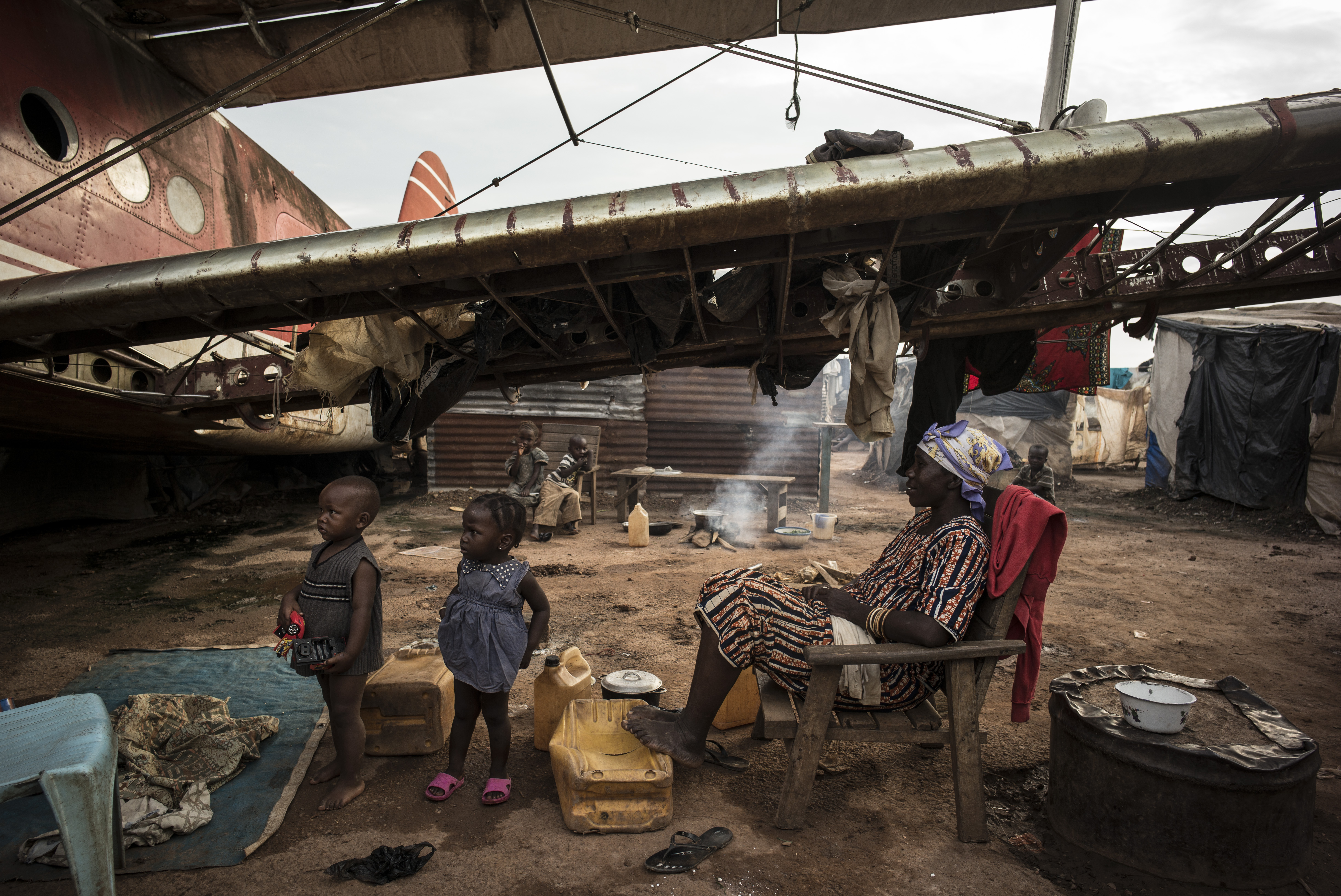UNHCR seeks $210m in revised appeal for refugees from Central African Republic
UNHCR seeks $210m in revised appeal for refugees from Central African Republic

GENEVA, July 22 (UNHCR) - The UN refugee agency and its partners today appealed for greater donor support to cope with the continuing outflow and deteriorating condition of refugees from the Central African Republic.
On Tuesday UNHCR together with 16 other humanitarian agencies revised the Regional Refugee Response Plan for the CAR situation, seeking US$210 million to assist the growing refugee numbers in four asylum countries - Cameroon, Chad, the Democratic Republic of the Congo, and Republic of Congo - until the end of the year.
The new appeal figure is lower than the initial $274 million sought in April due to fewer-than-projected refugee arrivals in the DRC and the exclusion of returnees in Chad covered in the first appeal. However the needs have grown in Cameroon, where the majority of refugees are arriving, with $111 million requested in the revised plan - almost double what was initially requested. Less than one-third of the revised plan has been funded so far.
More than 357,000 people have fled CAR for the four host countries since the crisis started in December 2012. This number includes some 160,000 people who left after clashes intensified between the Seleka alliance and anti-Balaka militia in December 2013. Of those who fled in the last seven months - the majority of them Muslims - over 118,000 are in Cameroon, 17,500 in Chad, over 15,000 in the DRC and 9,000 in the Republic of Congo.
The revised plan features enhanced measures to help the new arrivals, including receiving, registering and relocating them from the border to refugee sites, and providing services in life-saving sectors such as food, health, shelter, site planning and water and sanitation. Urgent steps are also needed to assist refugees who are living outside formal sites, as well as their host communities.
"The new refugees show signs of the brutal violence they have escaped in CAR. They have walked for weeks through the forests with little to eat or drink. In April and May, as many as 40 per cent of all the new refugees, children as well as adults, were suffering from malnutrition," UNHCR spokesman Babar Baloch told journalists in Geneva on Tuesday. "We fear that for some children the assistance may be coming too late."
He noted that malnutrition rates were particularly serious among the new arrivals in Cameroon, where "over 60 per cent of the refugees are women and children, with a high number of unaccompanied children".
There continues to be an urgent need to relocate refugees away from insecure and hard-to-reach locations, and to set up more refugee sites to ensure their safety. The start of the rainy season is raising concerns about the serious gaps in shelter, water, sanitation and hygiene.
Despite the escalating needs, the CAR situation remains one of the most poorly-funded emergencies.
"The underfunding is badly hampering our ability to provide even basic survival assistance for the refugees, and even less to the host communities," said Baloch.
See the Central African Republic Revised Regional Refugee Response Plan - July 2014









